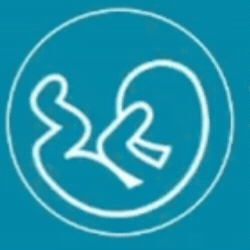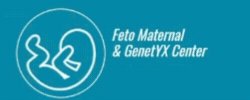High Blood Pressure During Pregnancy: Risks, Management, and Treatment
High blood pressure during pregnancy, also known as hypertension, is a condition that affects many expecting mothers. While it can be managed, if left untreated, it may lead to serious complications for both the mother and the baby. This blog will explore the risks associated with high blood pressure during pregnancy, how to manage the condition, and the treatment options available, especially for those in Dubai.
Understanding High Blood Pressure During Pregnancy
1. Chronic Hypertension:
2. Gestational Hypertension:
Risks of High Blood Pressure During Pregnancy
1. Preeclampsia:
2. Placental Abruption:
3. Preterm Delivery:
4. Low Birth Weight:

Managing High Blood Pressure During Pregnancy
1. Regular Prenatal Visits
2. Medication
3. Dietary Adjustments
4. Physical Activity
5. Stress Management
6. Monitoring at Home
Treatment Options for High Blood Pressure During Pregnancy
1. Hospitalization
2. Delivery
3. Postpartum Care
After delivery, blood pressure should be closely monitored, as it may take some time to return to normal levels. Postpartum hypertension is a concern that requires careful management to prevent long-term health issues.
High Blood Pressure During Pregnancy in Dubai: Local Resources and Support
Some key facilities in Dubai include:
Feto Maternal & GenetYX Center:
A leading clinic specializing in prenatal care and maternal-fetal medicine, offering personalized care plans for women with high-risk pregnancies.
Dubai Health Authority (DHA) Clinics:
Government-run facilities providing access to prenatal care, including blood pressure monitoring and management.
Private Hospitals:
Institutions like Mediclinic, Al Zahra Hospital, and American Hospital Dubai provide advanced care for expecting mothers with hypertension.
At FMGC, we understand the emotional and physical toll of pregnancies. Our team of best obstetrics gynecologists are committed to providing compassionate care and comprehensive support to help you through this blessed time. If you or a loved one is expecting, please reach out to us for expert care and guidance.
Contact Us: Feto Maternal & GenetYX Center Dubai, UAE
Follow Us on Social Media: Facebook: FMGC Facebook
Instagram: FMGC Instagram
LinkedIn: FMGC LinkedIn
Twitter: FMGC Twitter

